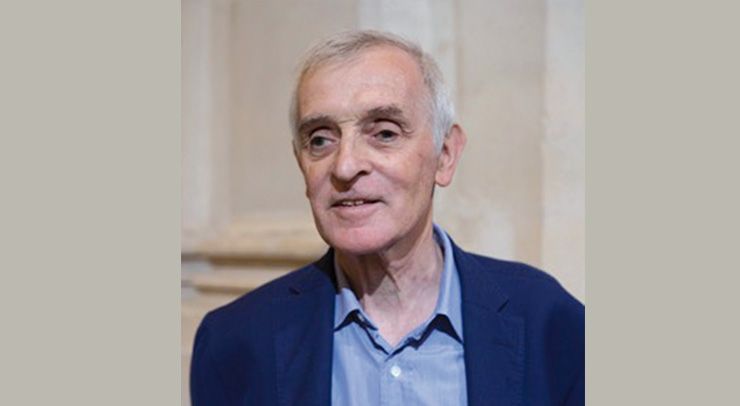A truly dedicated scientist

Jean Jouzel is a world-renowned paleoclimatologist and from 2002 to 2015 was Vice-Chairman of the Scientific Committee of the Intergovernmental Panel on Climate Change (IPCC). Recipient of numerous scientific awards, he received, in 2002 with Claude Lorius, the CNRS Gold Medal and, in 2012 with Susan Salomon, the Vetlesen Prize, the Earth and Universe Sciences Prize, considered to be the equivalent of the Nobel Prize for these fields. Today, the Covid-19 pandemic and its health, but also economic and social consequences, give him hope that the future recovery will be greener and provide the opportunity to invent a more sustainable development model. Portrait of a man of commitments.
His first commitment is to research. “I graduated from the Ecole de Chimie de Lyon at the age of 21, and “I didn’t see myself pursuing a career as an engineer in the business world,” he says. So it was only natural that he accepted the subject of his thesis — the study of sulphur isotopes — proposed by Étienne Roth, head of the stable isotopes department at the French Atomic Energy Commission (CEA) at Saclay (Essonne). Incidentally, this enabled him to get closer to his native Brittany.
On his arrival at the CEA — his second commitment, as he had spent his entire research career there — Étienne Roth offered him the opportunity to work on hail formation. Jean Jouzel let himself be convinced, admitting “to have fallen, during his thesis in love with hail, snow and ice”. A passion that would never leave him and which he shared with Claude Lorius. At the beginning of the 1980s, in partnership with the Grenoble glaciology team and the Soviet scientists, they decided to study the ice cores from the Vostok research base in Antarctica. This was to lead to a major discovery a few years later. “In 1987, we had 160 000 years of archives. At the CEA, we analysed the isotopic content of the ice, while our colleagues in Grenobles were interested in the carbon dioxide content of the small air bubbles”.
“In particular, this made it possible to establish the link between greenhouse gases and climate,” he explains. This was followed in 1987 by three articles that made the headlines in Nature and marked a turning point in the discipline, but also in the perception of the climate change issues by both the media and the general public.
Another major discovery, in 1992, this time in Greenland, was what is known as the “climate surprise”, in other words the rapid variation in temperature, which led to an evolution in his research. “We realised that the study of the past climate could provide relevant elements for the analysis of the future climate,” emphasises Jean Jouzel, before adding: “We now know, for example, that 125 000 years ago, with a temperature 1 to 2°C higher than today, the sea level rose by 7 to 10 metres” From then on, research and awareness accelerated.
As the first French expert to join the IPCC, in 1993, he has been involved in the drafting of four out of five reports published to date.
His final commitment is his involvement in public debate, particularly with young people in schools, high schools… “Young people are the first to be concerned by the issue of climate change. Without their mobilisation, the question risks disappearing from radar screens of public authorities”, concludes Jean Jouzel.




